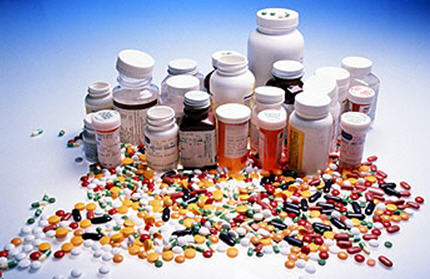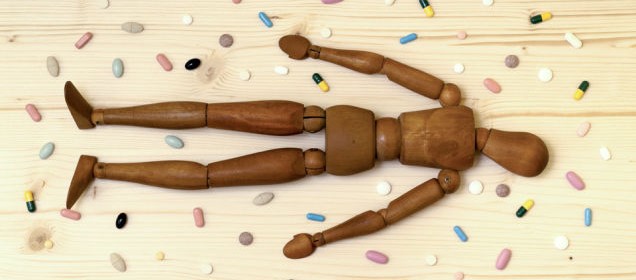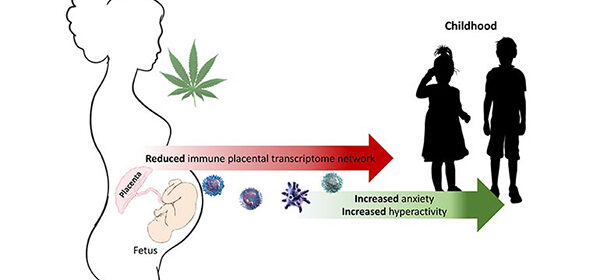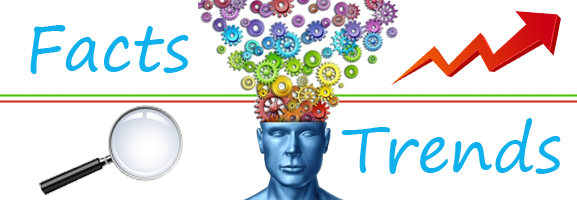A depression breakthrough

A hallucinatory party drug could point the way to the first new treatments for depression in a generation. Scientists have discovered that ketamine (“Special K”), which club-goers take for dream-like highs, also improves mood disorders by repairing damaged connections in the brain. What’s more, ketamine works within hours as opposed to weeks— even for people whose mood disorders have proved […]
Read more








